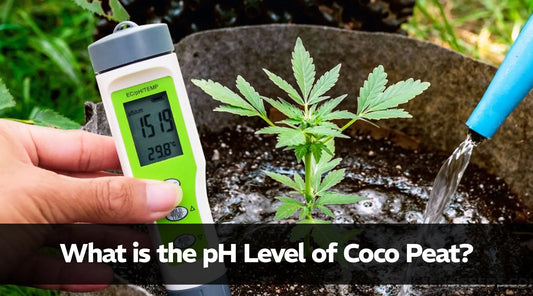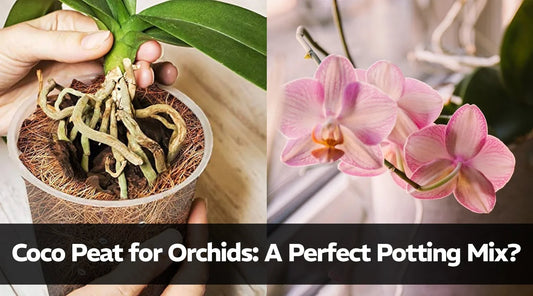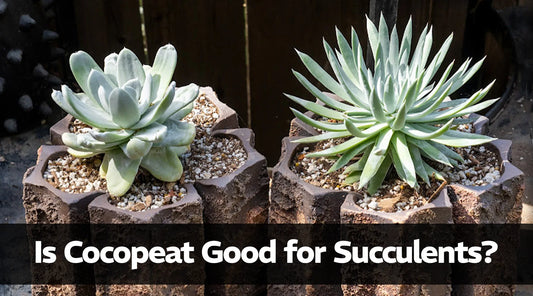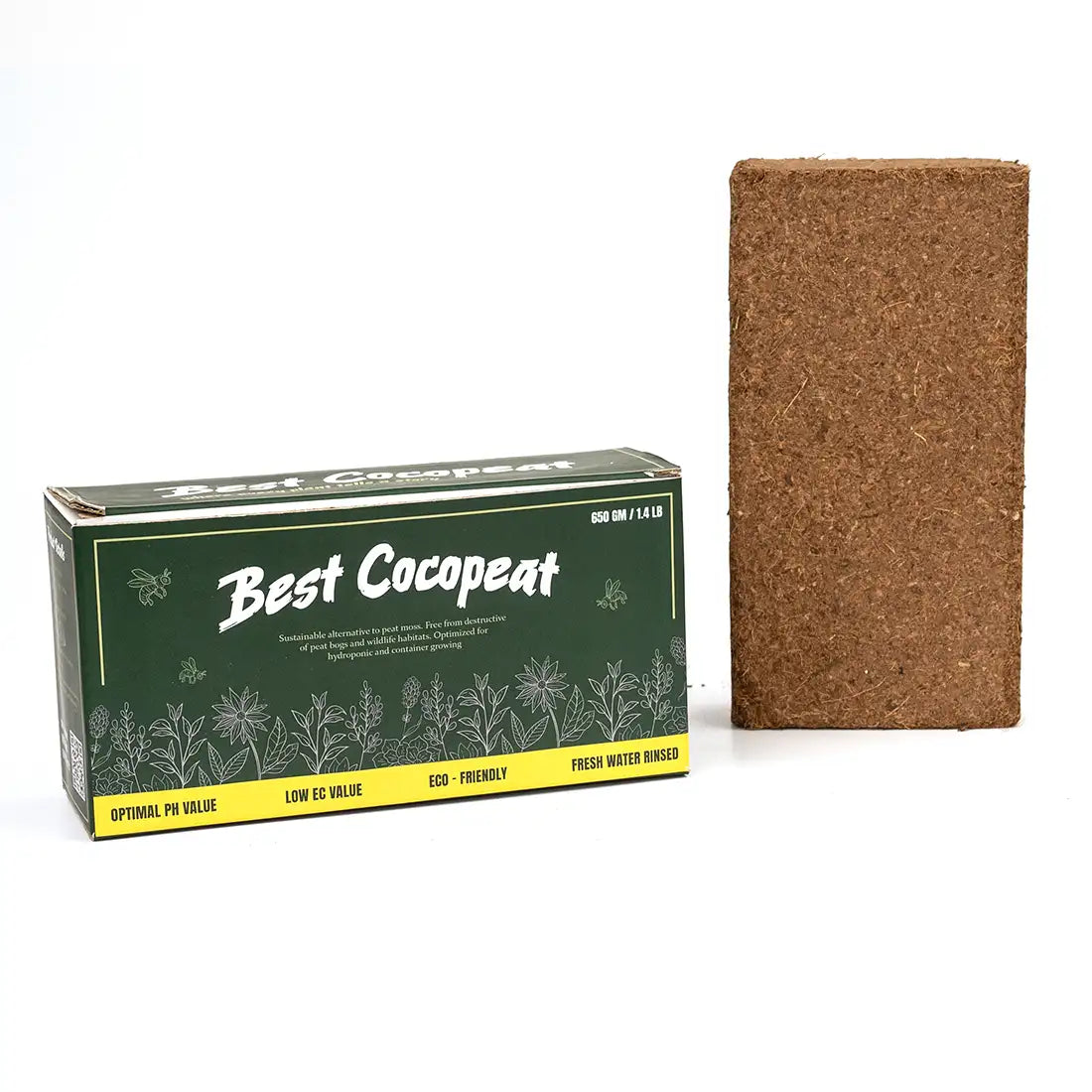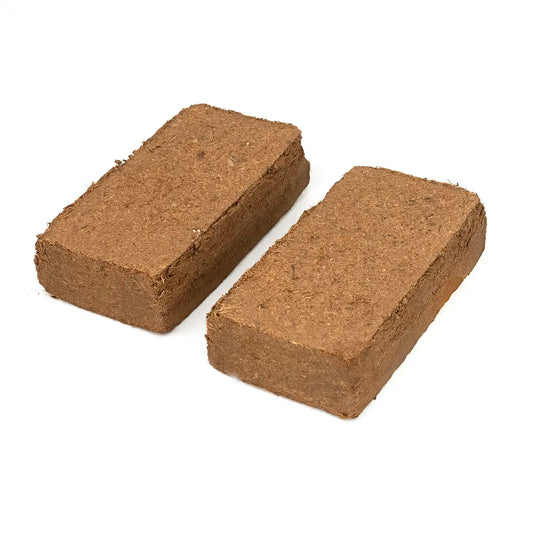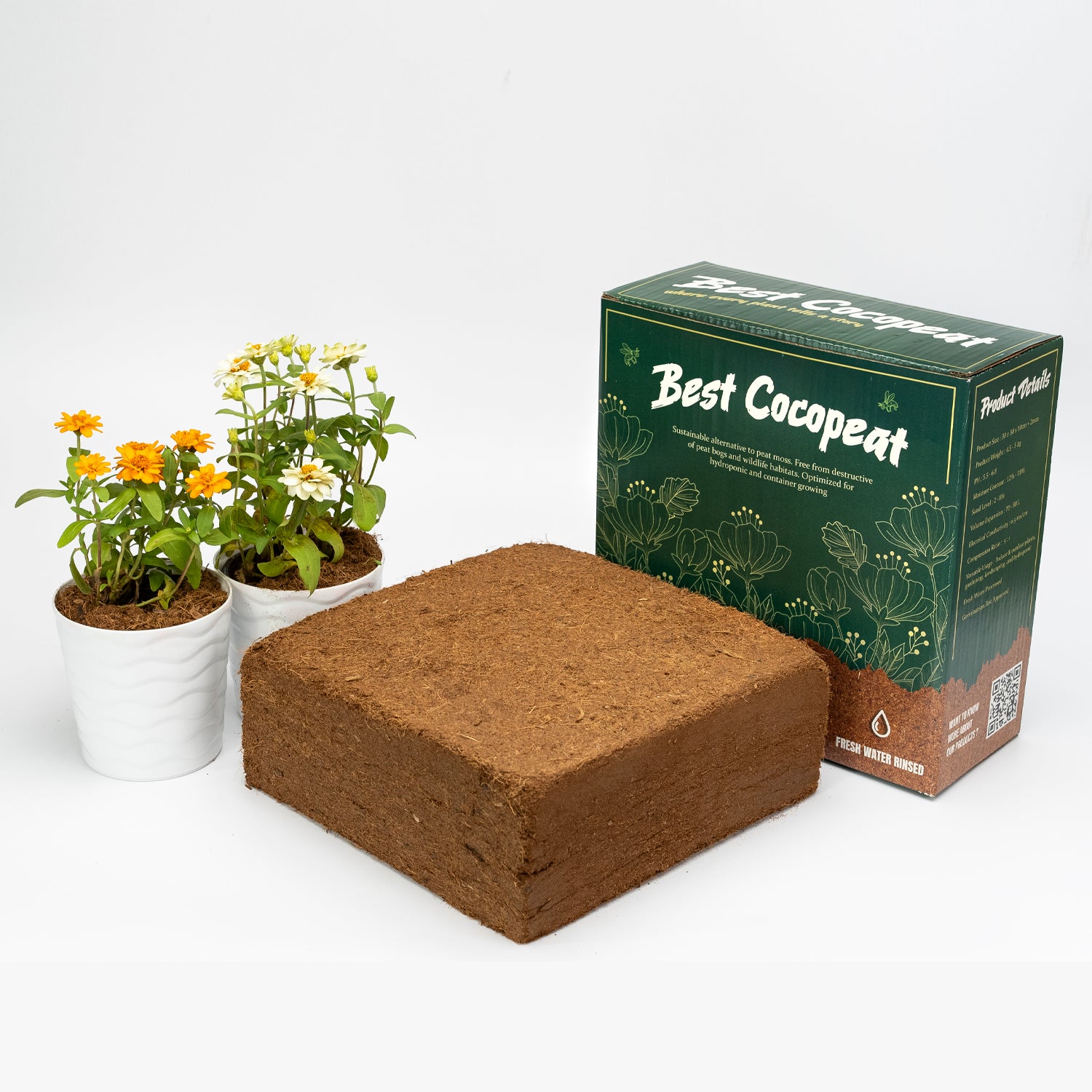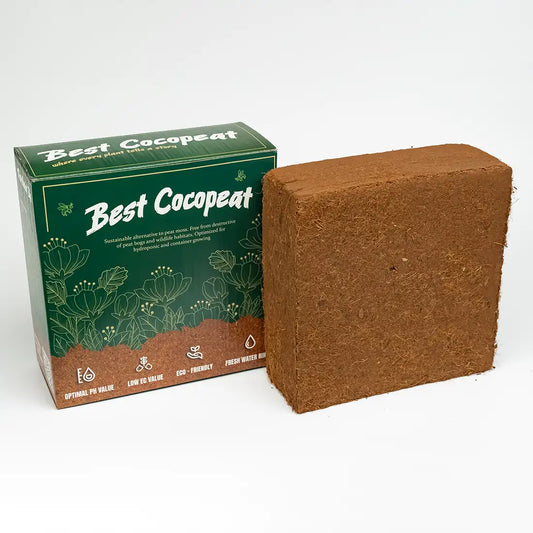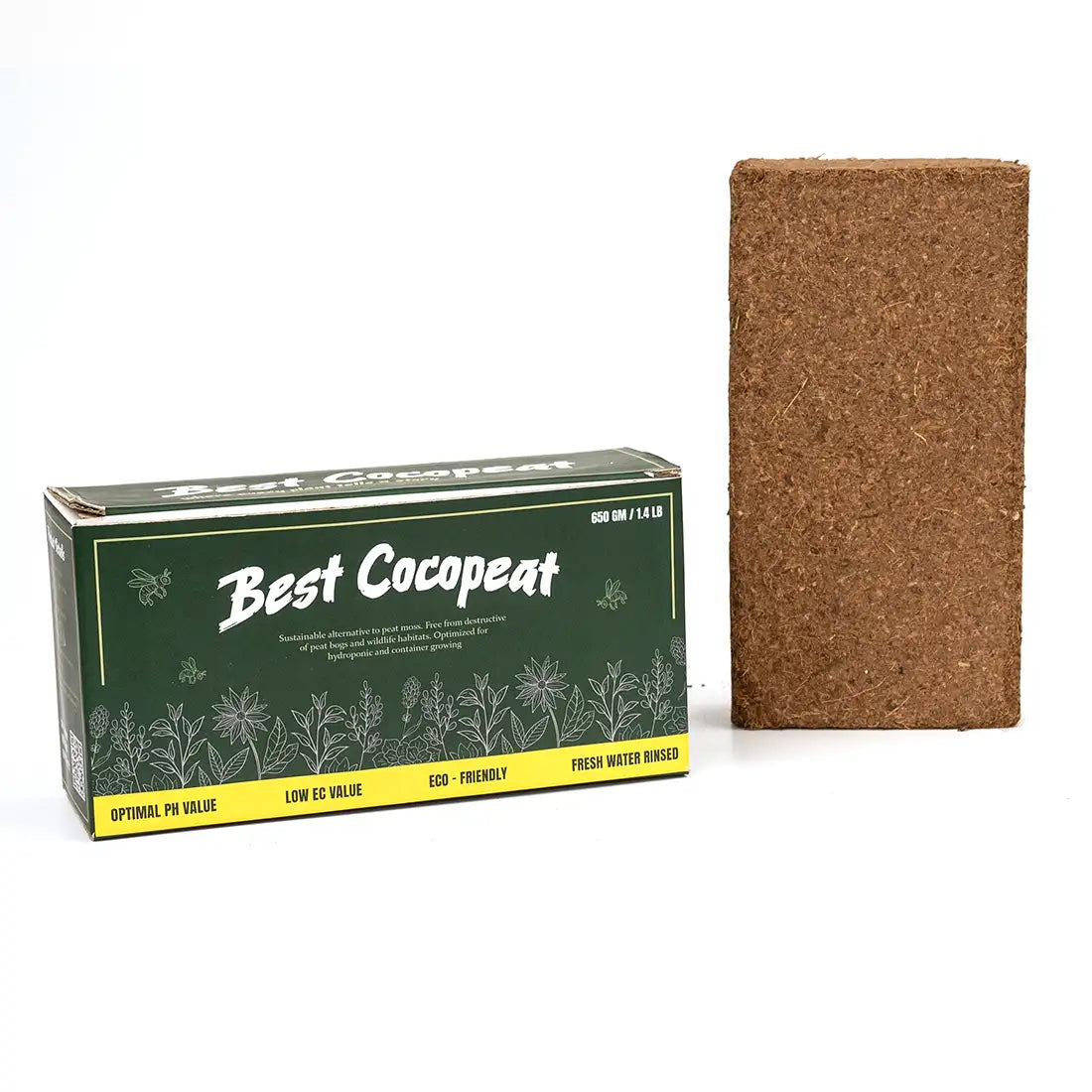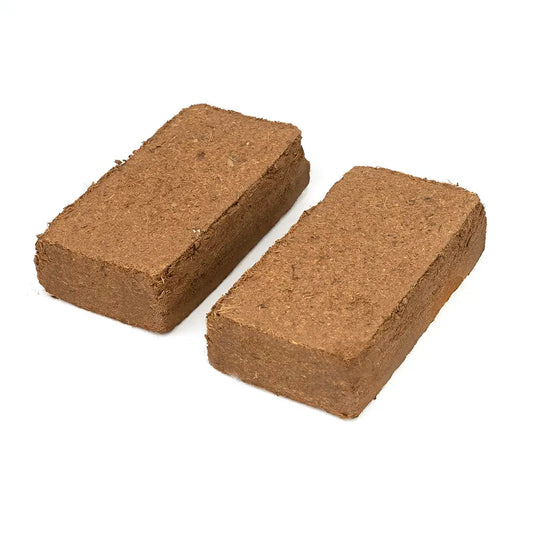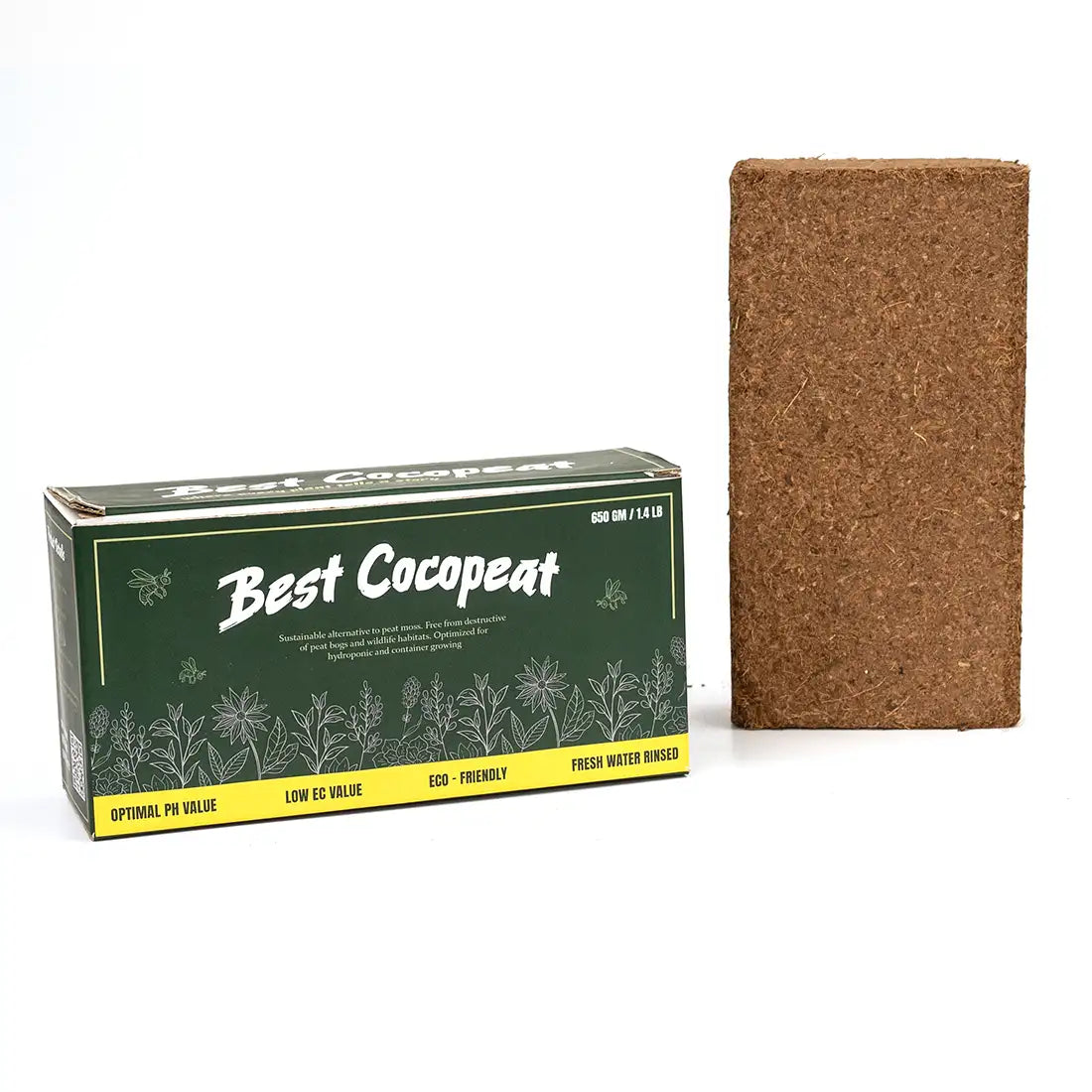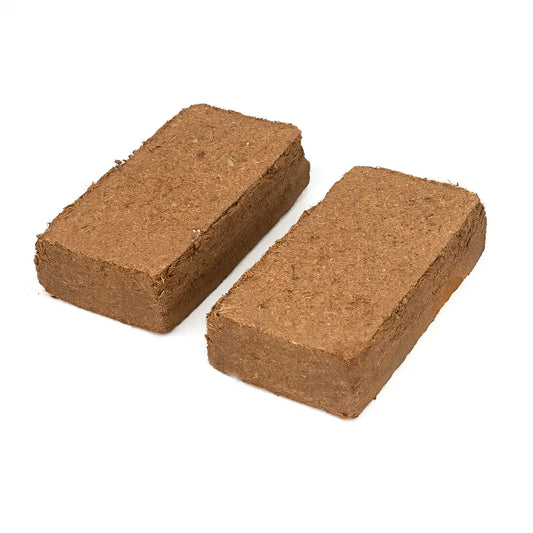In today's world, water conservation is more important than ever. Gardeners, in particular, face the challenge of maintaining a healthy garden while reducing water usage. One effective method to achieve this is by growing plants in containers. Not only does container gardening give you more control over the environment in which your plants grow, but it also significantly reduces water waste. In this blog, we’ll explore how growing in containers can drastically cut down water usage and provide tips for maximizing water efficiency.
The Water-Wasting Problem in Traditional Gardening
In-ground gardening, while a common practice, often leads to unintended water waste. This happens for several reasons:
- Evaporation Losses: In hot climates, water evaporates quickly from the soil, especially when it’s exposed to the sun.
- Deep Drainage: Water can seep deep into the ground, beyond the reach of plant roots, leading to wastage.
- Runoff: Overwatering or poor soil drainage often results in water runoff, particularly on slopes, wasting precious water.
Container gardening addresses many of these issues, making it a more efficient system for conserving water.
How Growing in Containers Reduces Water Usage
1. Controlled Watering:
One of the main benefits of container gardening is the ability to control the amount of water each plant receives. Unlike traditional gardening, where water often spreads beyond the root zone, containers allow you to apply water directly to the plant's roots, reducing wastage.
2. Reduced Evaporation:
Containers, especially when placed in shaded or semi-shaded areas, can help reduce the amount of water lost to evaporation. The water in a container stays more contained, and moisture levels can be maintained for longer periods.
3. Efficient Water Retention:
Using potting mixes that include water-retaining components, such as coco coir, can further improve water retention. Coco coir, in particular, holds moisture well while providing proper aeration for roots. This reduces the frequency of watering while keeping plants hydrated.
4. Less Runoff:
Containers with proper drainage help avoid the common problem of runoff, which is typical in traditional gardens, especially on sloped terrain. You can control the drainage to ensure that water stays in the root zone, reducing waste.
5. Use of Mulching:
Adding a layer of mulch to the top of the soil in containers is an easy way to slow down evaporation and keep the soil cooler, helping conserve water. Mulching also suppresses weed growth, reducing competition for water.
Maximizing Water Efficiency in Container Gardening
To get the most out of your container garden and minimize water usage, here are some best practices:
-
Choose the Right Containers:
Use containers with good drainage but avoid excessive holes that could lead to rapid water loss. Materials like clay pots can also help absorb excess moisture. -
Group Plants with Similar Water Needs:
Place plants with similar watering requirements together to avoid overwatering or underwatering individual plants. -
Water at Optimal Times:
Water your plants early in the morning or late in the evening when temperatures are cooler. This minimizes evaporation and ensures that the water reaches the plant roots more effectively. -
Use Drip Irrigation or Self-Watering Containers:
Drip irrigation systems and self-watering pots ensure that water is delivered directly to the roots, slowly and efficiently, reducing overall water consumption. -
Recycle Water:
Collect rainwater or reuse household water, such as from washing vegetables, to water your plants. Recycled water is an excellent way to conserve and reduce water bills.
The Environmental Benefits of Container Gardening
Beyond water savings, container gardening offers several other environmental benefits:
-
Less Soil Disruption:
Container gardening minimizes soil erosion and protects the surrounding environment. Traditional gardening often leads to soil compaction and disruption, which can increase water runoff and reduce soil health over time. -
Reduced Chemical Usage:
Growing in containers often requires fewer pesticides and fertilizers, meaning fewer chemicals can leach into the groundwater, further contributing to water conservation. -
Urban Gardening:
Container gardening allows individuals in urban settings, where water resources may be more limited, to grow plants without the need for large garden spaces. This is particularly helpful for balconies, rooftops, or patios.
Conclusion
Growing plants in containers is not only a practical solution for those with limited space but also an effective way to reduce water usage in your garden. By controlling water application, reducing evaporation, and preventing runoff, container gardening allows you to cultivate a beautiful, productive garden while conserving one of our most precious resources: water. For those looking to adopt more eco-friendly gardening practices, container gardening is an excellent first step toward a more sustainable future.

